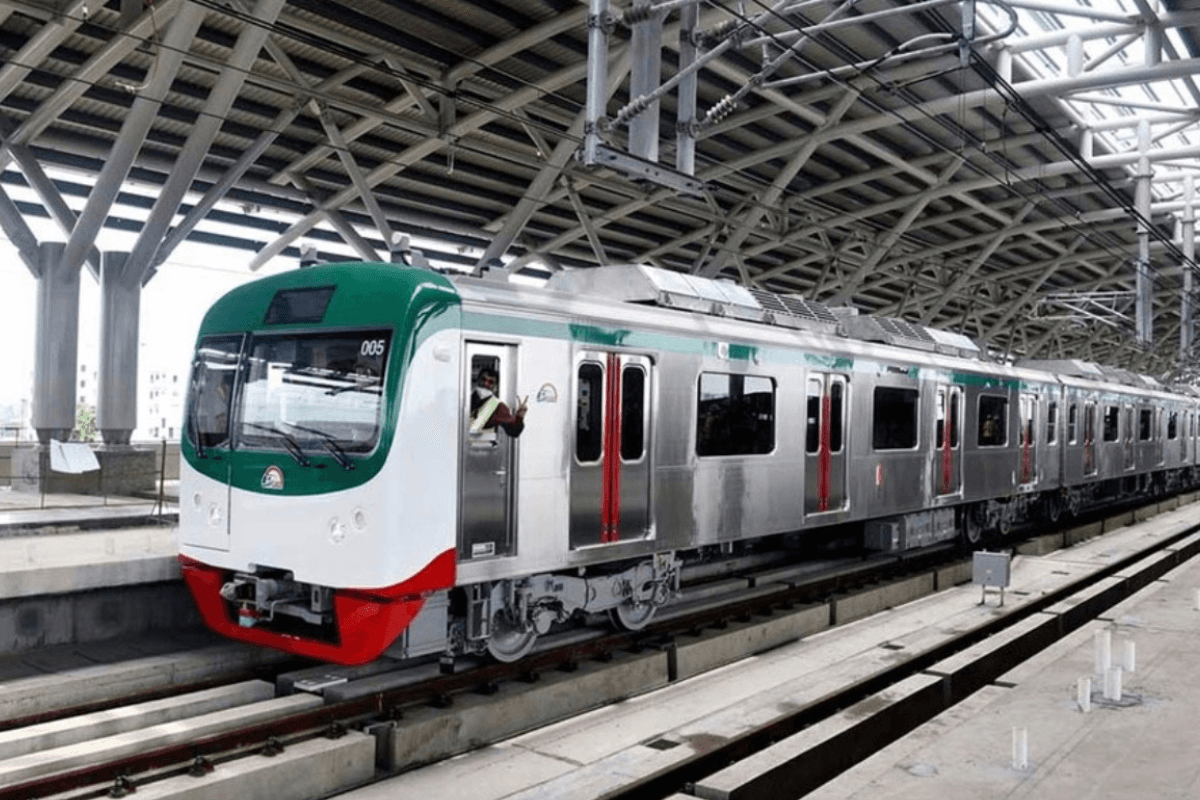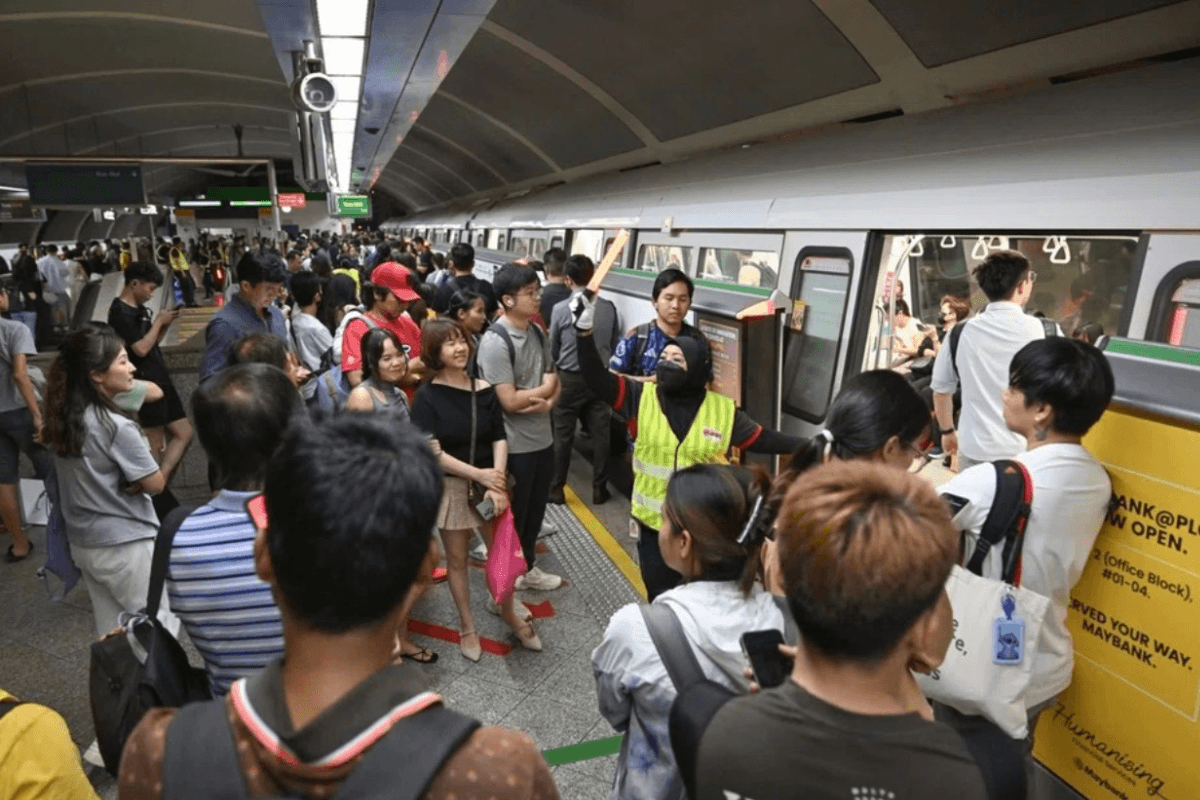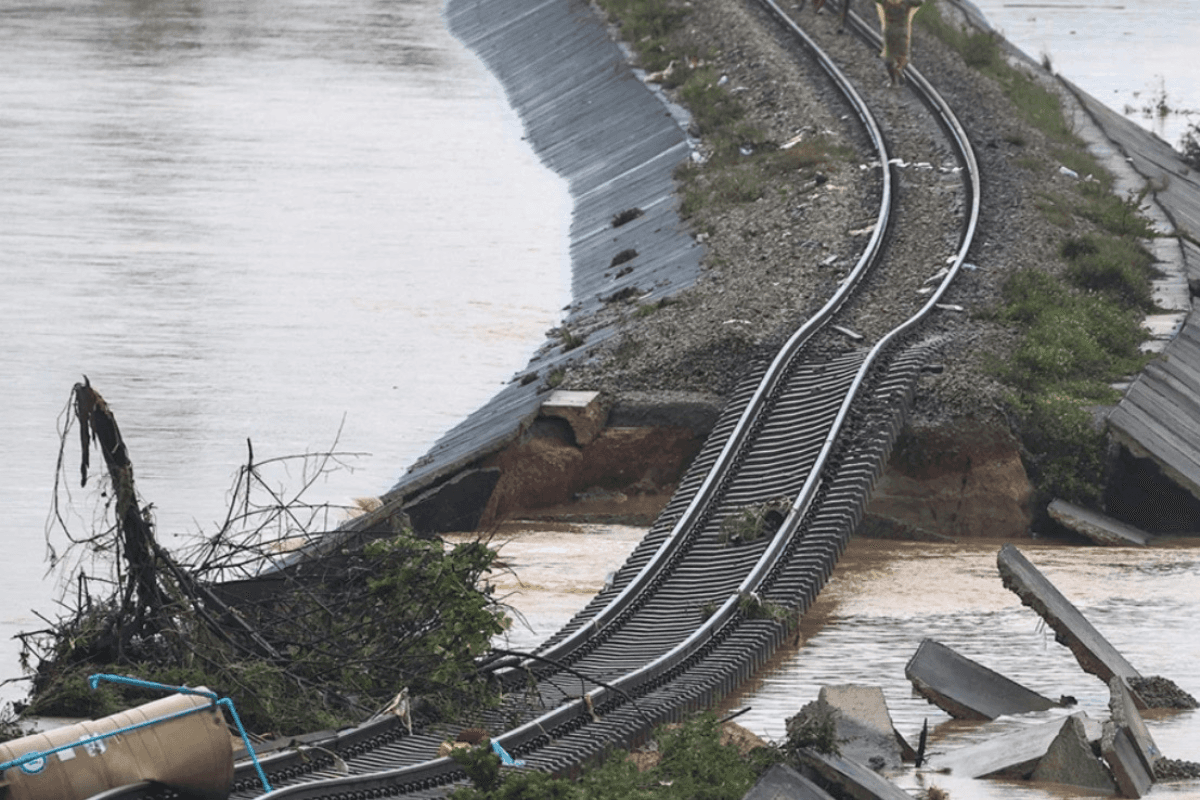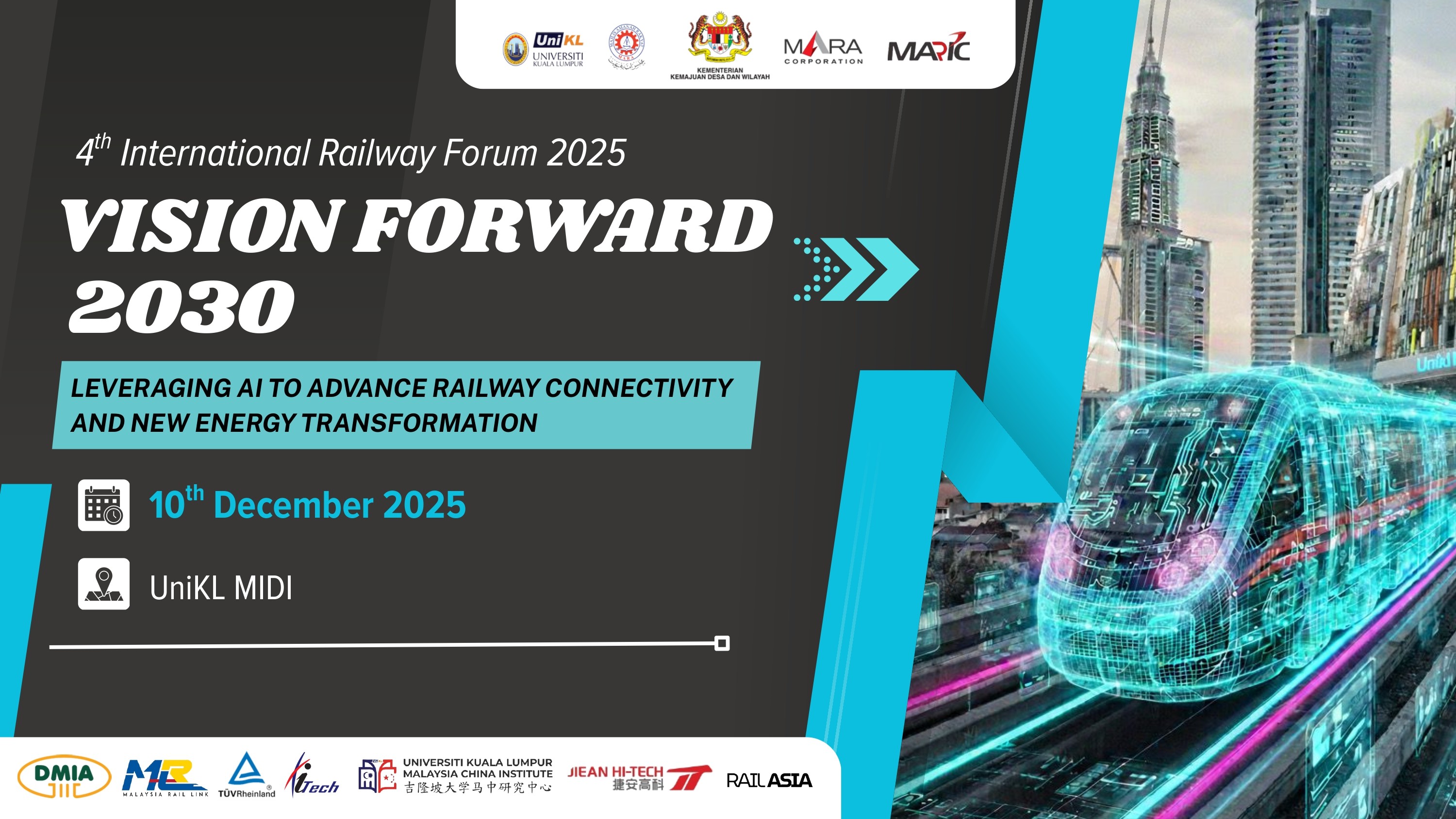Jul 20, 2025
We built the rail. But where's the city?
KUALA LUMPUR, 25 July 2025 — Malaysia's progress in building modern rail infrastructure over the past decade has been significant. Still, a transport expert warns that poor execution of Transit-Oriented Development (TOD) policies undermines these investments' benefits.
Wan Agyl Wan Hassan, founder and CEO of MY Mobility Vision, highlighted in a recent editorial that while projects such as the MRT Kajang Line, MRT Putrajaya Line, various LRT extensions, and the Johor Bahru–Singapore Rapid Transit System (RTS Link) demonstrate Malaysia's commitment to public transportation, the surrounding urban development has not kept pace.
"Many MRT stations are surrounded by seas of car parks, arterial roads, and disconnected buildings," Wan Agyl wrote. "Pedestrian access is often poor, with little to no integration between transport nodes and the communities they are meant to serve."
He attributed this disconnect to institutional fragmentation, outdated planning regulations, and a lack of coordination among key agencies. According to Wan Agyl, the government's existing TOD policies remain largely aspirational due to inconsistent implementation and regulatory inertia.
To address these issues, Wan Agyl proposed several reforms:
• Establish a dedicated TOD authority to coordinate urban and transport planning.
• Modernise building by-laws to promote walkability and mixed-use development.
• Develop inter-agency housing and transport master plans that align long-term growth with mobility needs.
• Implement readiness audits to assess local councils' capacity to support TOD projects.
• Offer fiscal incentives to encourage TOD adoption at the local level.
• Introduce a value capture framework that channels increased land value into infrastructure funding.
• Shift urban priorities from car-centric planning to people-first development.
He stressed that TOD is not just an engineering or design challenge but a governance and cultural issue. "This is about legislation, budgeting, and political will. Ultimately, TOD is meant to improve people's lives by reducing their transportation costs and enhancing access to jobs, schools, and public amenities," he said.
Wan Agyl's call to action adds to a growing chorus of urban planners, economists, and transport advocates urging Malaysia to close the implementation gap and unlock the full potential of its rail investments. He warned that without a coherent, people-focused TOD strategy, Malaysia risks building "stations without cities" and a disconnected infrastructure that fails to deliver the promised quality of life improvements.
For more insights, Wan Agyl's commentary was published by The Star in July 2025.
Related Post
Latest Post
Subscribe Us
Get Subscribe To Our Latest News & Update













